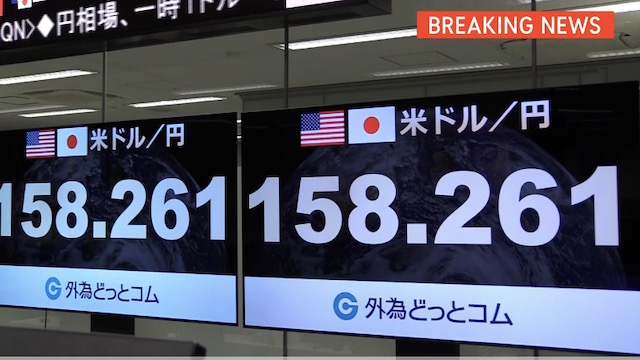May 19 (Nikkei) - Imagine you are a Chinese tourist visiting Japan for the first time. Your travels take you to Osaka and the 40-story Umeda Sky Building, with its fine views of the city. After awhile, you look for the exit and are confronted with the following sign in Chinese: "Ni tui chu." ("You get out of here.")
That is just what happened back in January, touching off a small uproar on Chinese social media. "Don't they respect the Chinese language?" commented one outraged netizen.
When it comes to signage meant to help visitors from abroad, Japan is kinder than many countries, putting up signs in many public places, often in multiple foreign languages. Unfortunately, the messages sometimes go awry. Blame the garbled communications on online translation services and software, and a failure to run the final product by someone who actually understands the language.
Not only do poorly translated signs leave overseas tourists giggling or scratching their heads, they can sometimes cause offense, leaving international travelers ill-disposed toward their hosts -- hardly what Japan, which is keen to grow its tourism industry, wants to do.
The company that manages the building in Osaka was at first blissfully unaware of the gaffe, which was produced by a machine translation of a Japanese sign that said: "Okaeri guchi," or "Way out."
"The mistranslation used Chinese characters that mean "exit" in Japanese, so we hadn't the slightest idea that anything was wrong. It came as a shock when we realized what it meant [in Chinese]," said an abashed company spokesman.
Sadly, examples of such well-intentioned messages going haywire are not uncommon in Japan. Tokyo Metro, which operates a subway network in the city, also discovered that posters it put up in stations to warn passengers about a safety hazard were no help at all. The message in Chinese read: "It is dangerous to disperse the focus of your attention while walking." What Tokyo Metro wanted to say was: "Do not operate electronic devices while walking." Somehow the Chinese translation left the gadgets out entirely.









